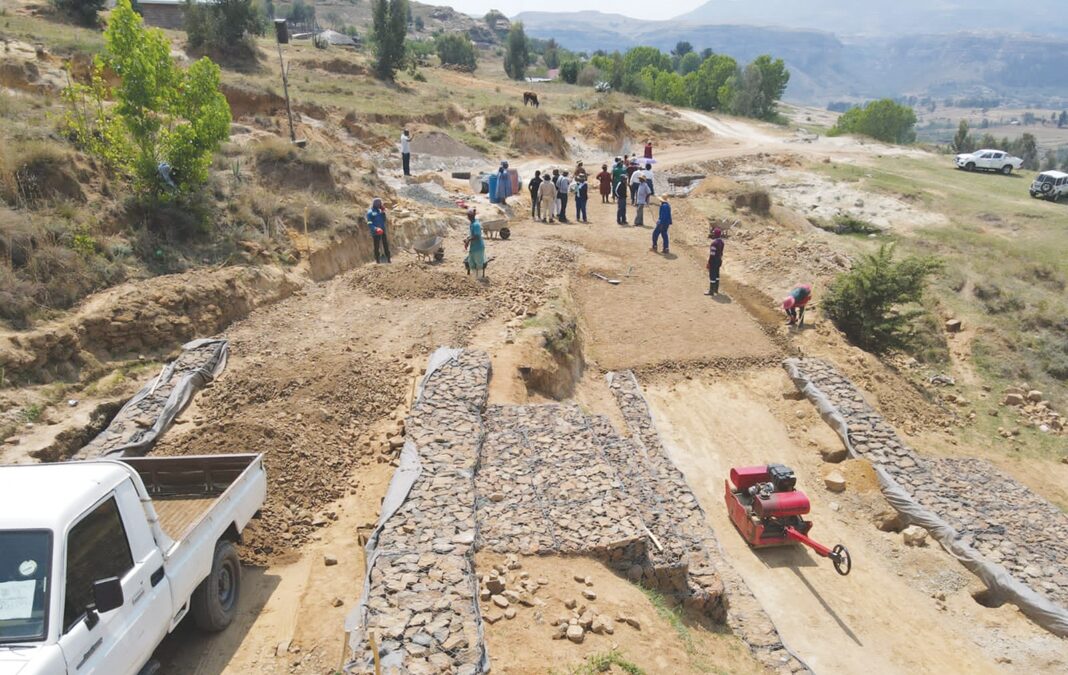By Neo Kolane
A local agency Economic Change Agency wants Lesotho to be the leading producer and global player in the food production chain to beat the constraints of food insecurity.
The situation has been caused by the fact that the world is going through huge disruption caused by COVID-19 pandemic and exacerbated by Russia-Ukraine conflict.
According to the Global Hunger Index 2022, Lesotho is rated number 113 out of 121 countries. This suggests that Lesotho is unable to produce enough food for its growing population.
The founder of Economic Change Agency Molefi Mabote which was birthed last month, warns that the status quo could lead to Lesotho being called ‘a failed state’, meaning Basotho would have failed the future generation.
Mabote observed that Lesotho is unable to produce enough food to feed its own growing population with an estimated 49.7 percent of its population living below national poverty line.
He explained that the agency wants to emulate countries like India, who are now a net exporter of milk. India adopted a basic strategy and empowered 700 000 women to produce milk in their country. What underpins any crises are opportunities that are not created for growth.
“We want Basotho to have that paradigm shift mind-set, to think differently and understand it is within their power to generate jobs for themselves and plays lesser reliance on government.
“Our agency will invest on infrastructure development to ensure all Basotho can have access to local, regional and international markets,” he said.
“We missed out on globalization of markets and production; the time is now for Basotho to take their meaningful role in the global economy. We have various sectors we have targeted and our Guinea pig is agriculture.
“We want to ensure the value chain for agriculture is configured currently to ensure sustainability of farmers operations in the country. The funding model will ensure sustainability goals are archived. The example of value chain is depicted below,” he said.
An 80 percent of the Lesotho’s population depends entirely on the agriculture for their livelihoods. The sector is under-developed with limited resources.









